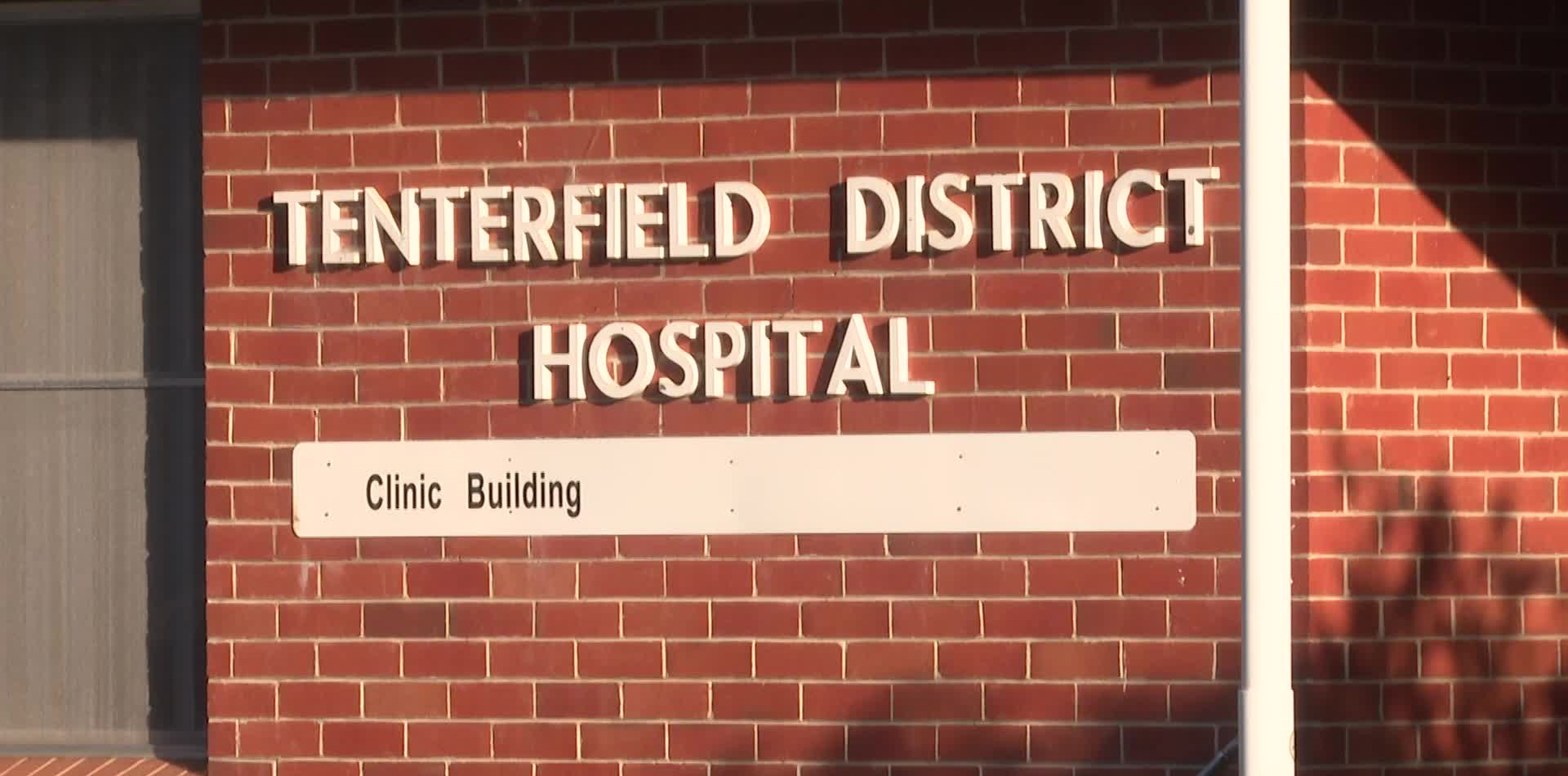The LHD says things have improved since the coroner’s findings but there are still shifts where there is no doctor on-site.
The hospital at the centre of a NSW coroner’s report into the “wholly preventable” death of a man with NSAID hypersensitivity who was prescribed aspirin still has shifts with no doctor on-site but has improved nurse education and telehealth capabilities, according to Hunter New England Local Health District.
David Freeman, 46, died from an acute bronchial asthma exacerbation triggered by a non-allergic hypersensitivity reaction to aspirin at the 18-bed Tenterfield Hospital in northern NSW in 2019 – one of the most isolated hospitals in the state.
The hospital, which is operated by the Hunter New England LHD, relied on locums after it cut nurse numbers from three to two per shift. However, when its two locums were unavailable for four days in October, an RN and an enrolled nurse were the only staff on duty when Mr Freeman presented around midnight with upper left chest pain.
The coroner, Joan Baptie, said neither nurse was accredited in advanced life support, nor had they completed the First Line Emergency Care Course. The RN was instructed to speak with doctors from a telehealth service or to call Armidale Hospital, 190km away.
“In 2019, the staffing situation at Tenterfield Hospital had become untenable,” said the coroner.
“Staff were overwhelmed and overworked and were resigning because of the stress of the work environment and the perceived lack of support from management.
“It had become a usual occurrence for staff to agree to be available on-call, and without pay, simply to support their nursing colleagues.”
The RN arranged tests including an ECG, then called the after-hours GP to discuss the results, the coroner said. The RN and GP disputed the details at the inquest but the coroner concluded that Mr Freeman mentioned his ibuprofen allergy to the RN, who did not alert the GP.
The GP advised to follow the chest pain pathway and give 300mg of aspirin, inappropriate for a patient with non-allergic hypersensitivity to ibuprofen.
When Mr Freeman deteriorated, the nurses performed CPR until two paramedics arrived, but he died before medical retrieval.
“David’s death was wholly preventable,” the coroner concluded.
The coroner’s recommendations included:
- that the RN in question be referred to the Health Care Complaints Commission and the Nursing and Midwifery Board of Australia for investigation of her record-keeping, administration of aspirin after failing to inform the GP and the competency of her nursing skills; and,
- that the HNELHD review existing referral pathways and ensure that there are clear pathways for referral to respiratory and other specialists in the treatment of asthma for patients who present repeatedly to EDs with severe asthma exacerbation and are in receipt of multiple courses of prednisolone.
Susan Heyman, executive director of operations at HNELHD told Allergy & Respiratory Republic that while most medical shifts in Tenterfield Hospital’s ED are covered, when a doctor is not on site, “the highly skilled team is supported by virtual care through the My Emergency Doctor service”.
“Tenterfield Hospital’s Emergency Department has implemented several improvements, including expanding the clinical nurse educator role to enhance training and education and strengthening communication on clinical referral pathways,” she said.
“Every hospital in our district operates within an integrated, collaborative network to ensure patients receive the appropriate level of care at the right facility, as close to home as possible.
“Recruiting and retaining doctors and nurses in rural and remote areas remains a long-standing challenge, not just for our district but across the entire state and country.
“We continue to advertise for staff and leverage the incentives such as the Rural Health Workforce Incentive Scheme where available.”
Ms Heyman extended her sincere condolences to Mr Freeman’s family and said the LHD “fully accepted” the coroner’s findings.
“We remain committed to continuously improving our standards of care,” she said.
HNELHD refused to comment on the status of the RN involved in the incident.


